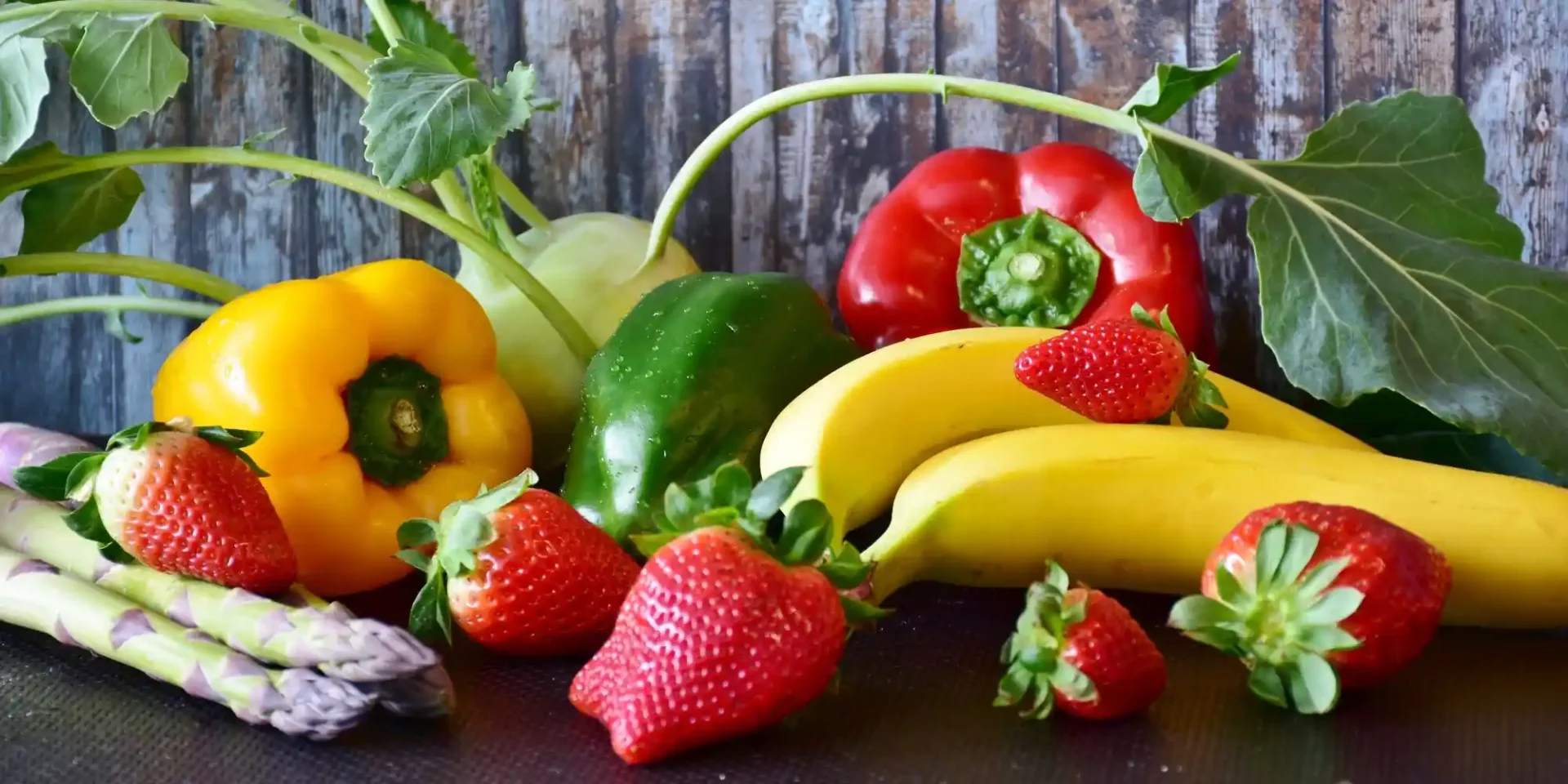Thinking of adopting a vegan lifestyle but worried about possible hiccups along the way? Transitioning to a vegan diet can be a great move, but it does have some challenges.
This article will guide you through the process of starting a vegan diet for beginners, helping you steer clear of common mistakes. With a bit of preparation and the right information, you can do well on a vegan diet. Now, let’s explore how to smoothly transition to a plant-based diet.
Have the Right Nutritional Knowledge
A common mistake for new vegans is not understanding the nutritional aspects of their diet as much as they should. It’s crucial to know what nutrients you need and which plant foods provide them.
For instance, vegan meals like beans and lentils are rich in protein, and whole grains are a good source of essential B vitamins. Understanding where to get your nutrients from ensures a balanced and nutritious plant-based diet.
Consider speaking to a dietician or doing some research for accurate information.
Get Enough Vitamin B12 Daily
A potential challenge for vegans is getting enough vitamin B12, as it’s often found in animal products. A lack of B12 can cause tiredness, weakness, and nerve damage.
It’s important, then, to include fortified foods in your diet or consider taking supplements. If your B12 deficiency is severe, you might even need B12 injections. Ensuring you’re getting enough B12 is key to your health.
Avoid Processed Vegan Foods
Another common mistake is relying too much on processed vegan foods. These foods might be convenient, but they often lack the nutrients you’d find in whole-plant foods.
Aim to base your diet around whole grains, fruits, vegetables, legumes, nuts, and seeds. These foods are rich in nutrients and offer many health benefits. While processed vegan foods can be enjoyed from time to time, they shouldn’t make up most of your diet.
Get The Right Amount of Protein
Some people think it’s difficult to get enough protein on a vegan diet. But with the right meal planning, this doesn’t have to be the case. There are plenty of plant-based proteins, like lentils, chickpeas, tofu, tempeh, and seitan.
Be sure to include a variety of these protein sources in your meals. That way, you’re getting all the essential amino acids your body needs.
Stay Hydrated
Finally, don’t forget to drink enough water. A vegan diet is often high in fiber, which can make you thirsty. But, regardless of what diet you are on, water is always the common thing that you can never avoid.
Drinking enough water is important for your digestive health and well-being. Plus, it also has a lot of health benefits. Aim for the recommended amount each day, and more if you’re active.
Going on a Vegan Diet for Beginners
Going vegan can bring many health benefits, like improved heart health and a lower risk of chronic diseases. But to enjoy these benefits, it’s important to avoid common mistakes that come with starting a vegan diet for beginners.
Now that you’re armed with this information, you can start your vegan journey with confidence. Remember, everyone’s journey to veganism is unique. There’s no one-size-fits-all approach. Find what works best for you and enjoy the journey!
For more advice, be sure to check out our blog today!
